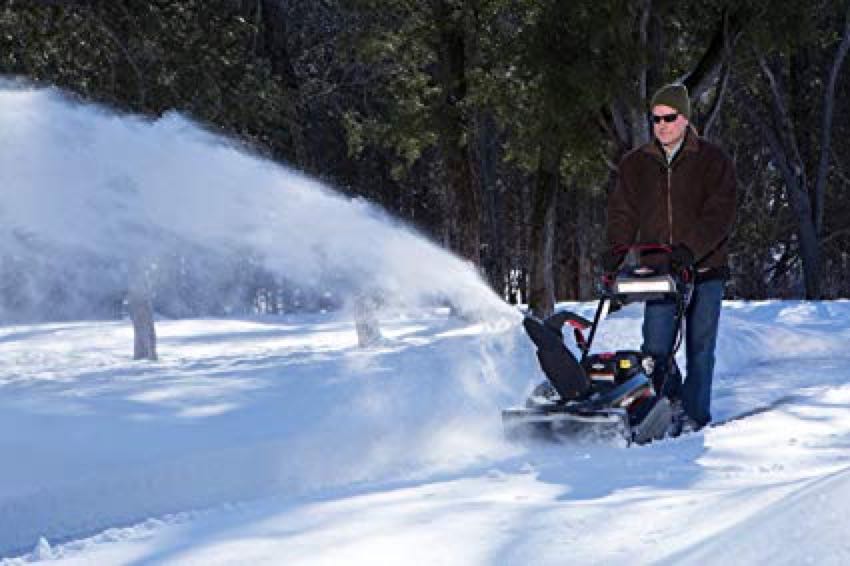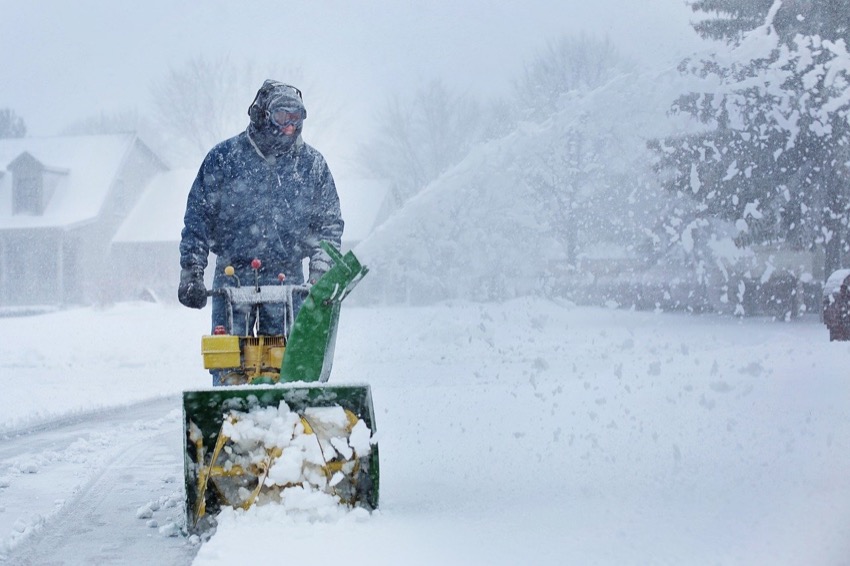Which Snowblower is Right For You?
As winter approaches and snowfall threatens, you might find yourself considering picking up a snow thrower. But, with a few different models available, how do you know which one is right for you? What is the difference between single-stage vs two-stage snowblowers?
Consider Your Area
Before you go running out and picking up more or less snowblower than you actually need, consider what it is you actually need. How much area do you generally need to clear? Do you live on a relatively flat patch of earth, or will you need to clear steep grades? How much snow will you typically need to clear?

As a general rule of thumb, the heavier-duty jobs will call for the two-stage snowblower.
What Are the Differences Between Single-Stage vs Two-Stage Snow Blowers?
Single-stage snowblowers will be your go-to for lighter-duty work vs the two-stage models, which you’ll use to hit the wet snow. Single-stage snowblowers typically feature a paddle-style auger that pulls snow through the unit and throws it out the top in a single motion.
The single-stage snowblower is light and maneuverable, able to easily clear light and powdery snow piles up to 9″ high. Ideally, you’ll use this predominantly on flatter ground; the single-stage snowblower excels at wiping solid pavement clean.
New to snow blowers. Check out our guide to Snow Blowing Tips and Tricks for Beginners!
Two-stage snowblowers tend to handle heavier-duty conditions better than single-stage tools. These snowblowers usually feature an auger that sports serrated blades to hack through harder-packed snow and ice. This is the first stage.
The auger chucks the broken-up snow and ice back to the second stage, the impeller. The impeller then launches snow out of the chute, typically a fair bit farther than you could achieve with just a single-stage snow thrower.
The two-stage snowblower will be your go-to for clearing larger areas, and they work well on a variety of surfaces. They can typically handle heavier snow piles from 6″ to 12″ deep, and work better on steeper drives than a single-stage snowblower will.
After you remove the snow, take care of the ice! Check out Fusion 2330 Liquid Deicer !
Single-Stage vs Two-Stage Snowblowers–Know Your Options
There are so many available options coming from both of these camps and from a variety of different manufacturers. So, it’s tough to nail down even a ballpark figure for what you can expect to pay for either single-stage or two-stage snowblowers. It gets even harder to generalize when you consider electric power as an option.
However, it ought to come as no surprise that you can expect to pay more for the two-stage snowblower models. They provide more power and more durable parts, so it stands to reason that these models can get significantly more expensive.



